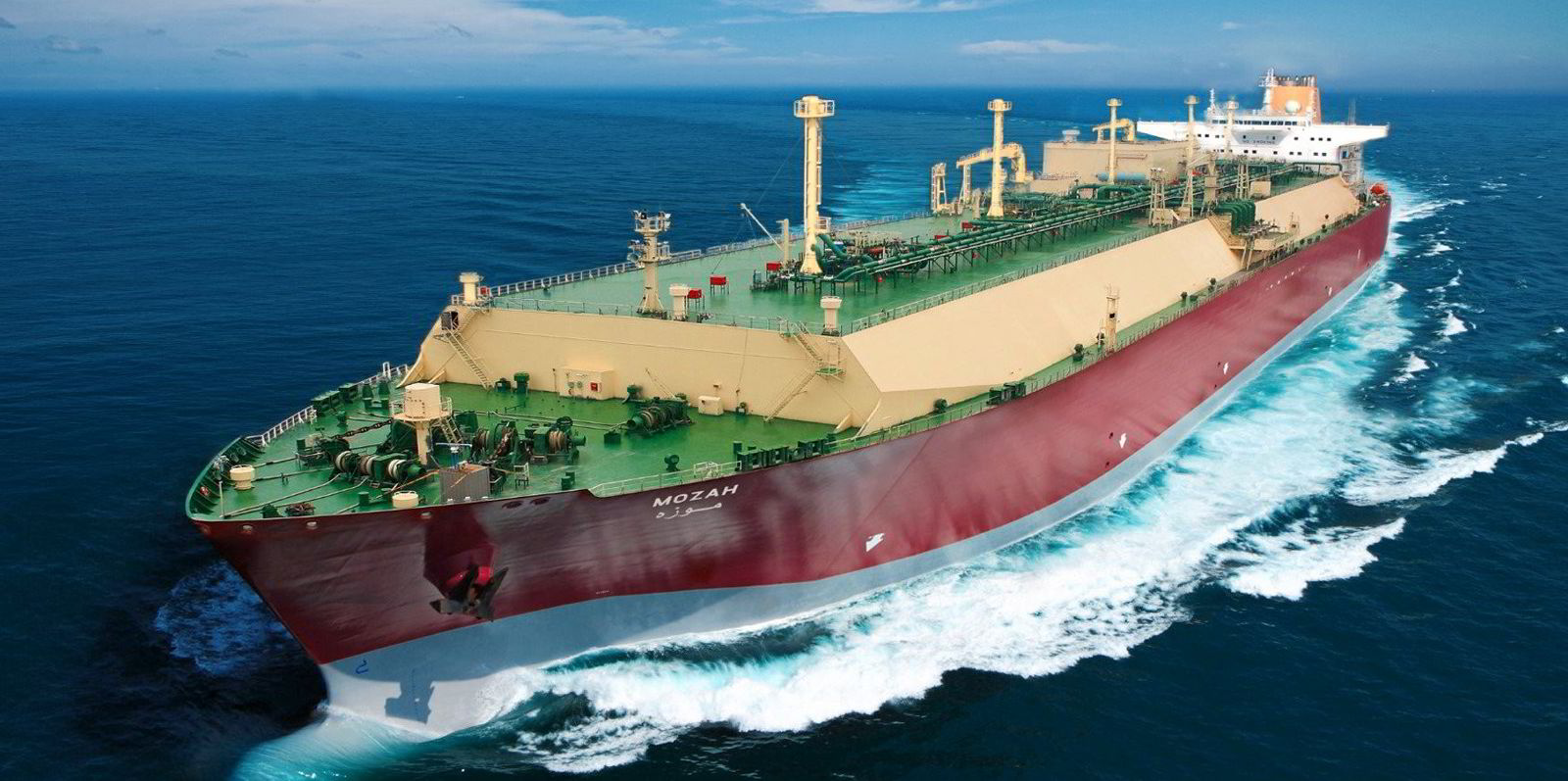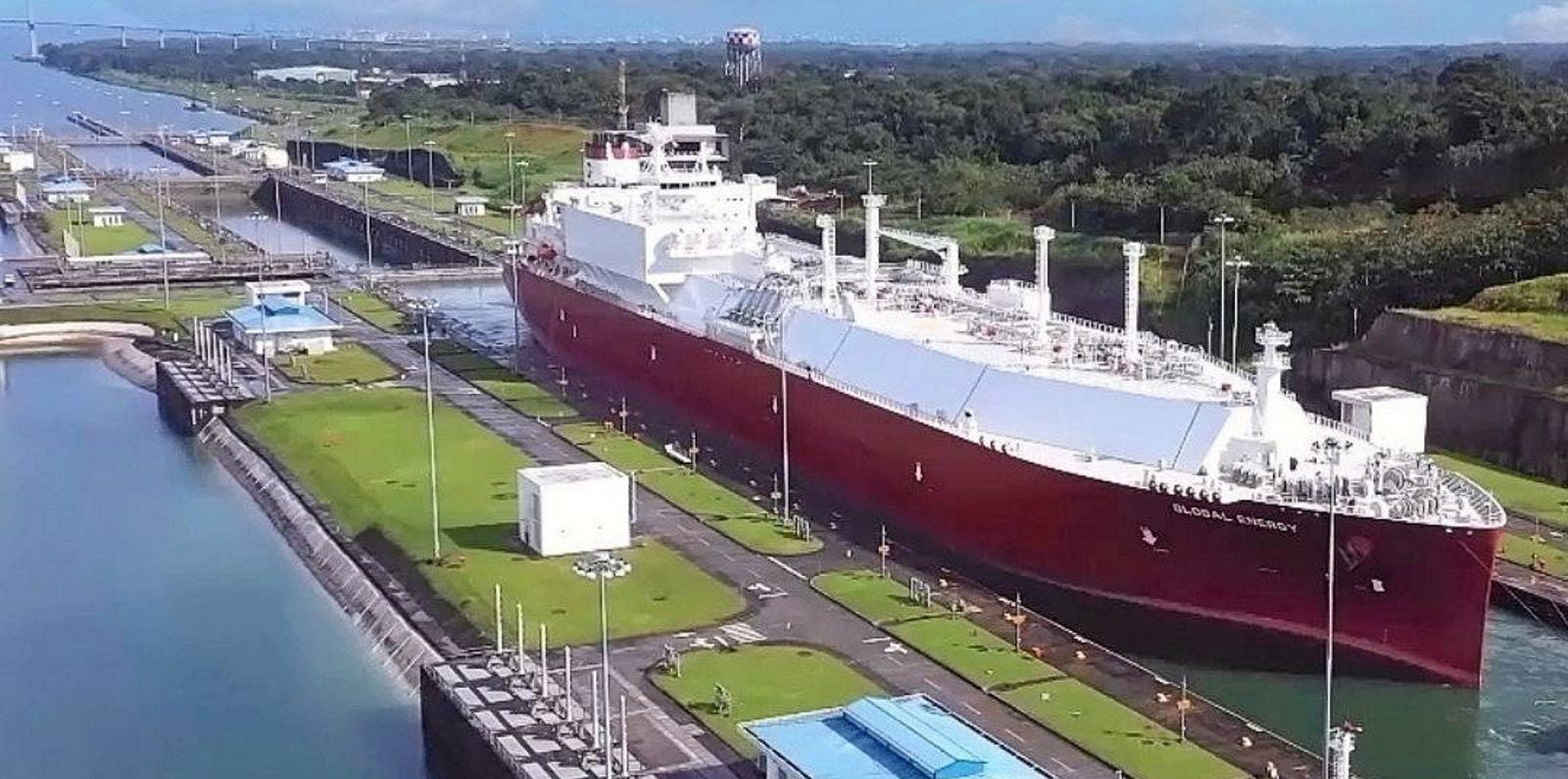Nakilat has topped its record 2020 earnings with an all-time high profit for the past 12 months.
Announcing its fourth-quarter figures, the Qatari LNG shipping giant said its net profit climbed 16.7% to QAR 1.35bn ($372m) in 2021, against a previous high of QAR 1.16bn in 2020.
Revenue for the year inched up 3.1% year on year to QAR 4.1bn, which the company attributed to the performance and higher share from its joint ventures.
Interest, dividend and other income fell 7.9% during the year, mainly due to lower interest rates. Operating costs rose by 1.7% on the back of “write-off legacy costs”.
General and administration expenses increased by 4.1% as a result of costs that were postponed due to Covid-19 in 2020.
Finance charges fell by 7.8% during the year.
Nakilat recommended a cash dividend of QAR 0.12 per share.
It said the pandemic created “very challenging and volatile conditions” across global shipping and the maritime industry in 2021.
But it said its long-term strategies and resilient business model has allowed it to generate sustainable returns.
Chief executive Abdullah Al Sulaiti said the company had managed to “sustain its growth momentum” and praised the “valuable efforts and contributions of our employees and seafarers”.
Al Sulaiti highlighted the publication of Nakilat’s first environmental, social and corporate governance (ESG) report.
The report said the company had set a key performance indicator target of 10.5 for the average Energy Efficiency Operational Indicator CO2 index for its LNG fleet; 13 for its Q-Flex and Q-Max ships; 2 for its “Global” LNG fleet; and 10 for its LPG carriers.
“In line with our drive towards sustainable growth, the publishing of our 2020 ESG report was a culmination of a concerted effort by the company over the past two years to establish a world-class reporting system that accurately reflects ESG in the company, as well as our commitment to full transparency towards all stakeholders and shareholders.”
In January, Nakilat said it had teamed up with classification society ABS to map out decarbonisation pathways for its fleet of 69 LNG carriers and four VLGCs.






